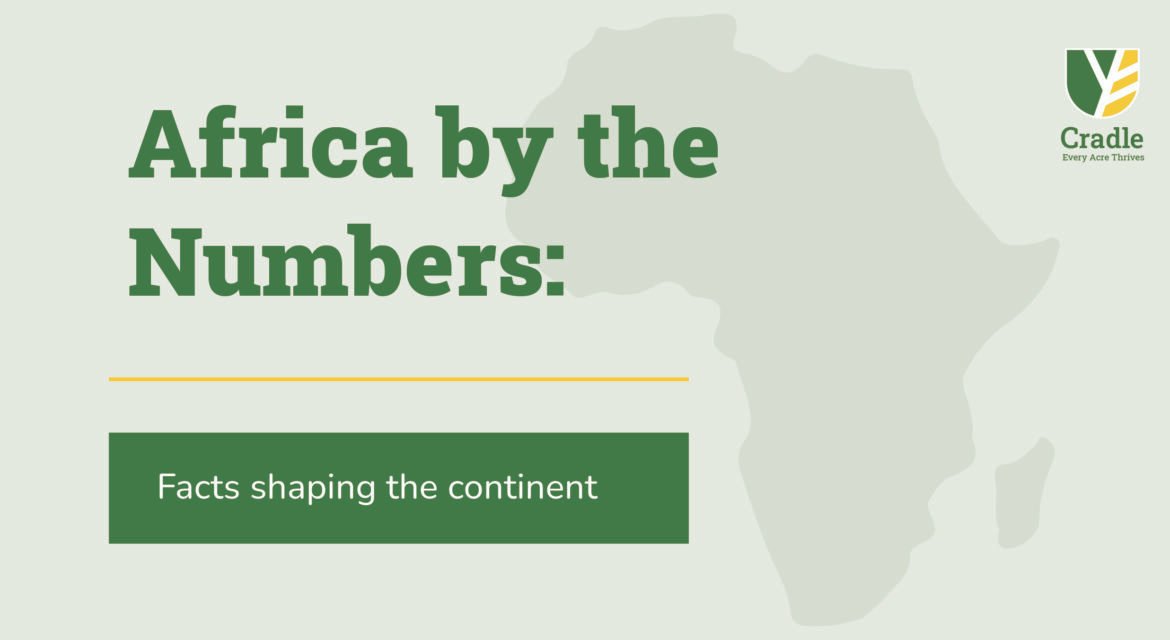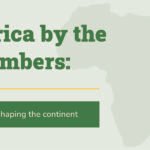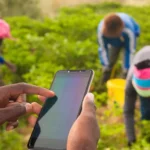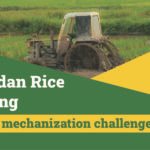A closer look at Africa’s numbers across different variables reveals a continent brimming with untapped potential, especially in agriculture. As global trends shift and populations rise, Africa’s role in feeding itself and the world is becoming more central than ever. The question is: are we ready to unlock that potential?
Let’s explore the facts that are shaping Africa’s future—and why agriculture is at the heart of it all.
📈 A Rising Population with Growing Influence
In 2024, Africa is home to 18% of the world’s population. By 2050, that number is projected to reach 24%—nearly one in four people on Earth.
This growth is more than a demographic shift. It represents a surge in energy, creativity, labor, and demand. With the right investments, it could also mean a leap in production and prosperity.
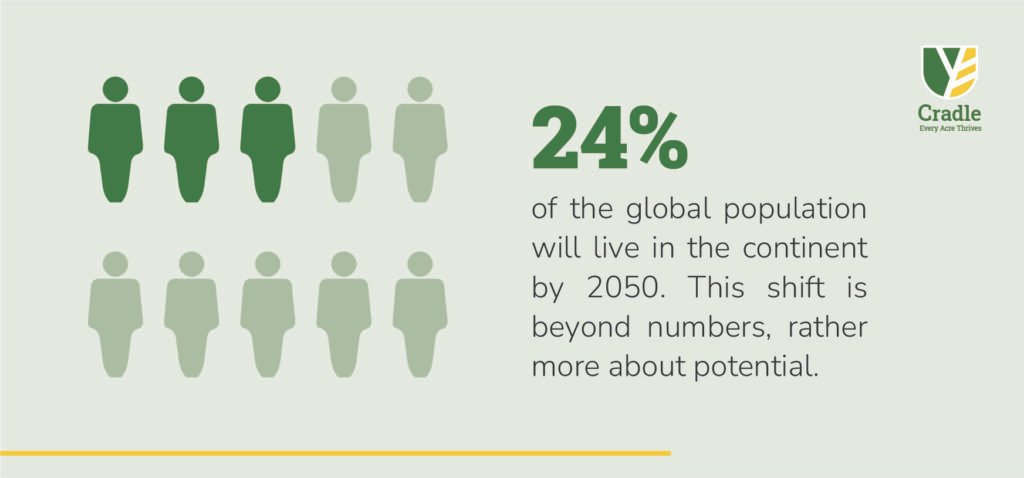
🌾 Agriculture: The Continent’s Largest Employer
Agriculture remains Africa’s economic backbone. It employs 40% of the workforce, more than any other sector. For millions, farming is not just a livelihood—it’s a way of life.
But here’s the catch: despite the numbers, many farmers struggle with low productivity and limited access to tools, training, and markets. The sector’s full potential is still far from being realized.
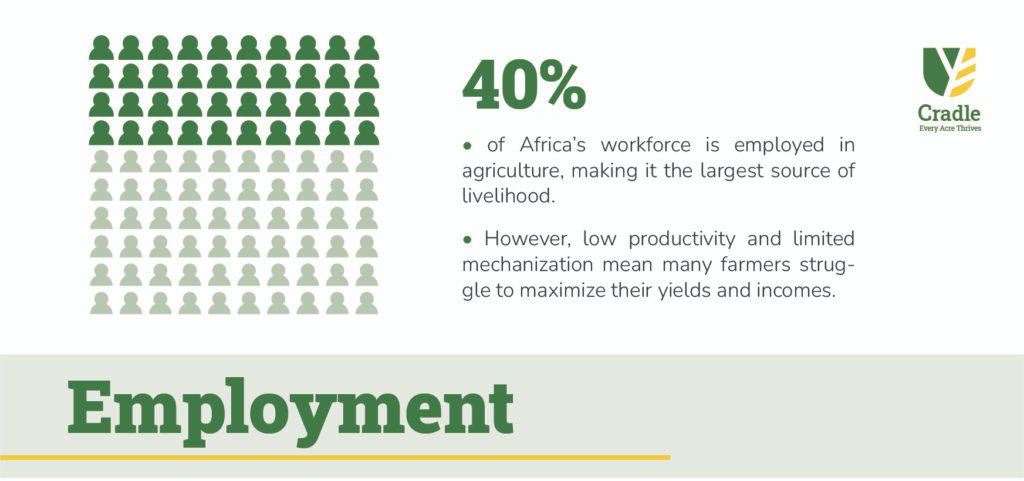
💸 Agriculture’s Understated Economic Power
Agriculture contributes 24% of Africa’s GDP. While that’s significant, it doesn’t yet reflect the true impact the sector could have.
The real issue isn’t the percentage—it’s the untapped possibilities. Imagine what’s possible if agriculture were better connected to value chains, innovation, and infrastructure.
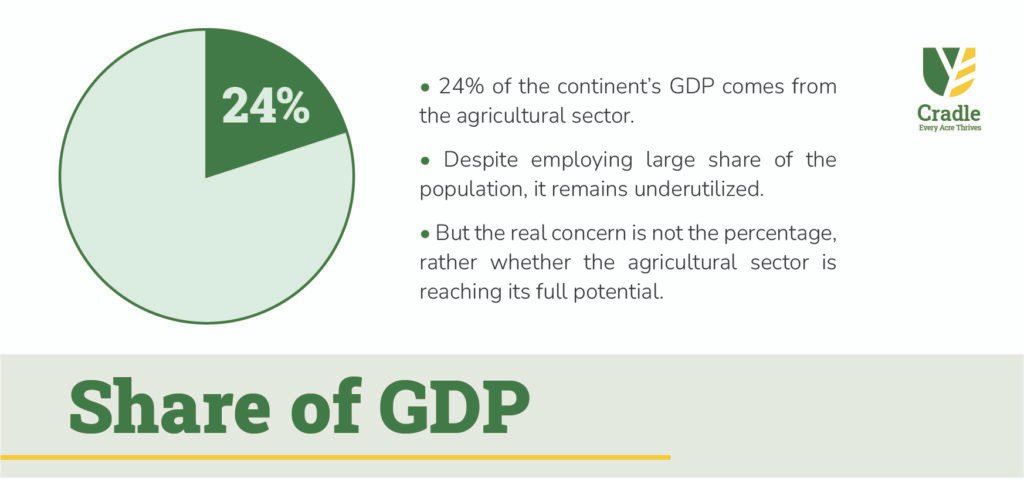
🌍 The Land Advantage: A Sleeping Giant
Africa holds 60% of the world’s uncultivated arable land. That’s not just a figure—it’s a future.
This vast resource could be the foundation for food security, rural transformation, and global trade leadership. But right now, much of it remains underdeveloped.
Unlocking this land—sustainably and strategically—could be a game changer not only for Africa, but for the world.
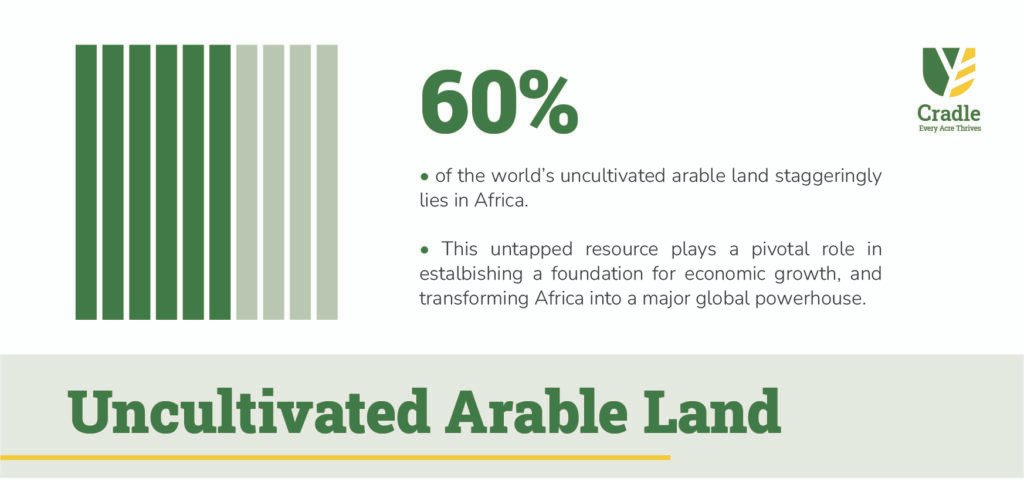
🧑🌾 Small-Scale Farmers: The Unsung Heroes
An estimated 80% of all farming in Africa is carried out by smallholder farmers. These farmers are essential, feeding families, communities, and cities.
Yet they face daily hurdles:
- 🚫 Limited access to finance
- 🛠️ Little or no machinery
- 🛣️ Poor infrastructure
Supporting small-scale farmers with tools, credit, and training isn’t just fair—it’s smart economics.
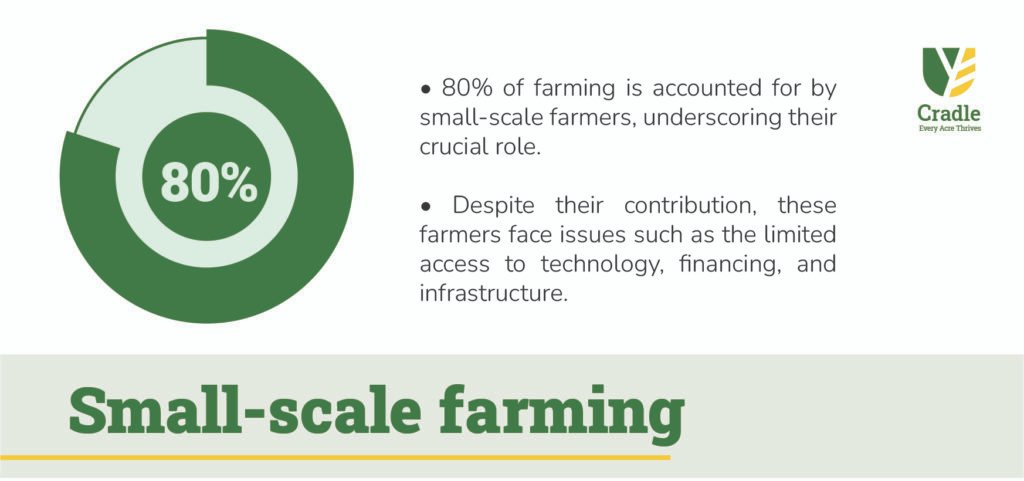
🌱 Scale, Impact & Opportunity
Africa’s food systems are not just a sector—they are a strategic lever for development. The stats tell us:
- There’s land.
- There’s labor.
- There’s a growing demand.
All that’s missing is coordinated investment and innovation—in technology, training, infrastructure, and value chains.
With those in place, agriculture could drive job creation, reduce poverty, and anchor long-term sustainable development.
💡 Our Perspective at Cradle
At Cradle, we believe that every acre should thrive. That belief drives our work to support smallholder farmers, promote access to mechanization, and transform the way agriculture works for Africans.
- We see the potential
- We’ve heard the numbers
- Now it’s time to act


